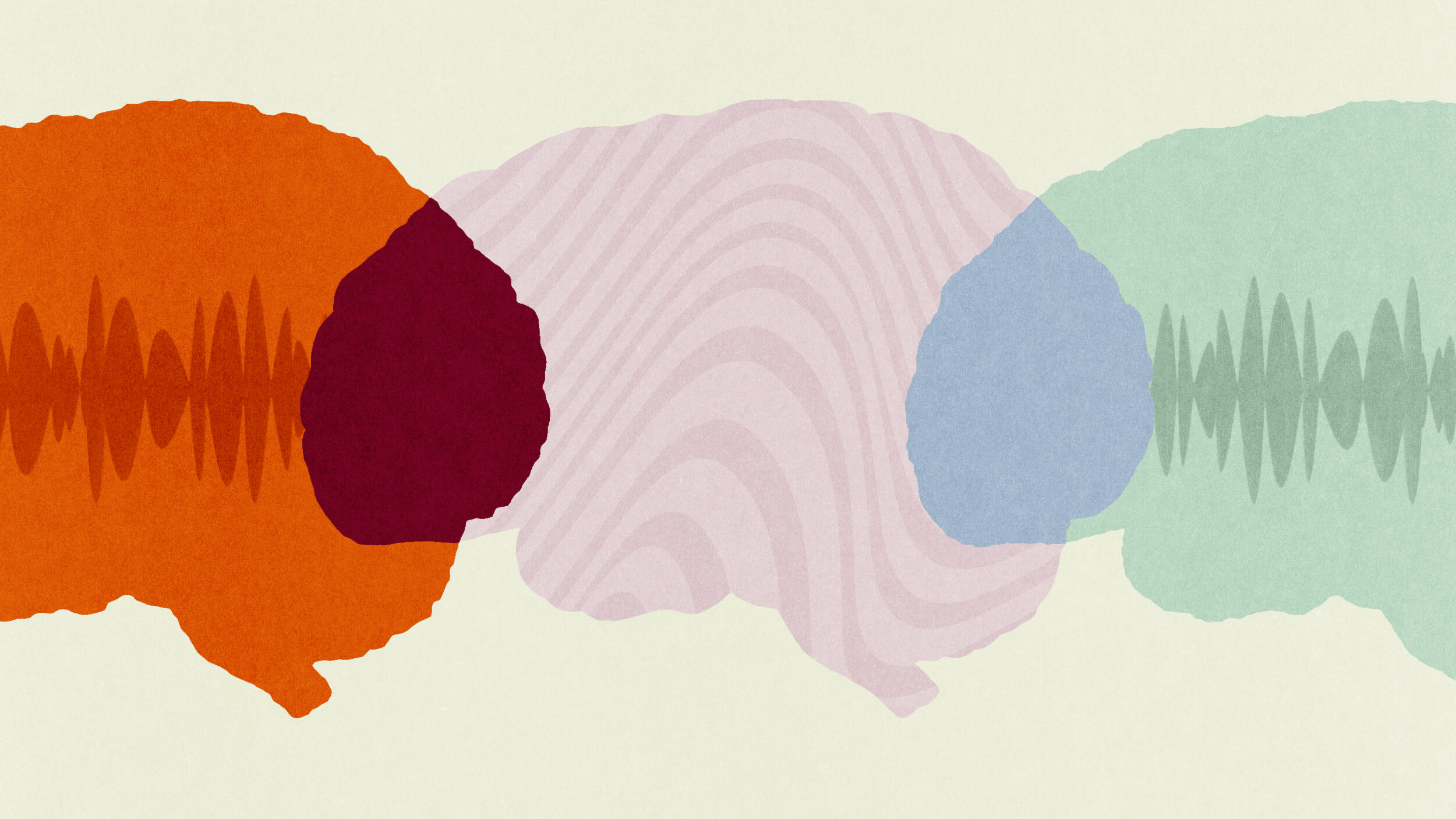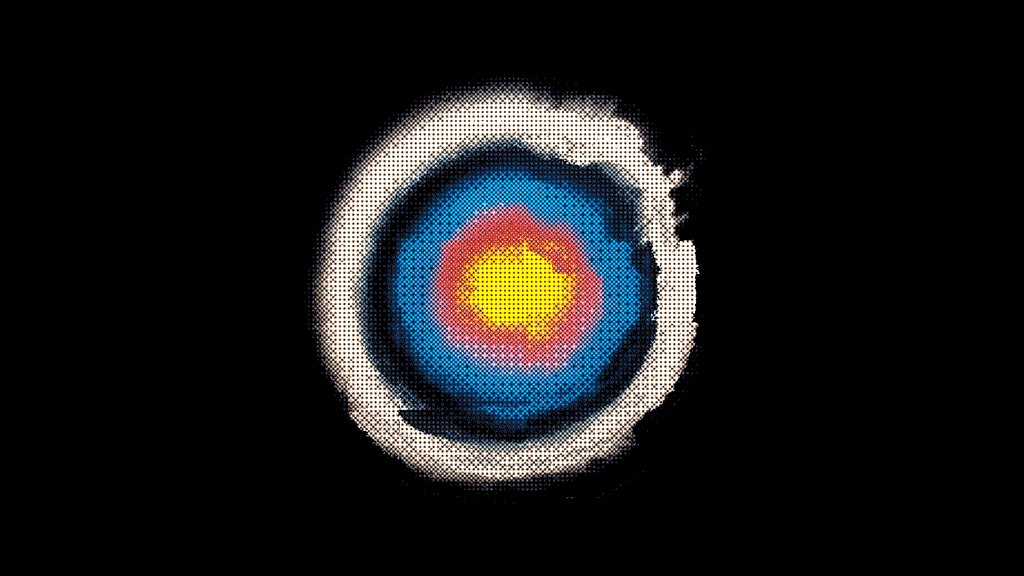- Technology is a double-edged sword. There is a common belief that smartphones are hurting our memory, but this isn’t entirely true.
- Certainly, if you want to form memories effectively, you need to be aware of your surroundings in the present moment, not distracted by your phone.
- Yet there is a lot of upside to technology as well. In an instant, you have all the world’s knowledge at your fingertips. And social media reminds us of past events that we otherwise might not remember.
LISA GENOVA: Technology's kind of interesting to me, because I think it wields a double edge sword. On the one hand, we live pretty distracted lives today. We're pulled in so many directions between the texts alerts and the emails and the Snapchat and Instagram. It's a lot. And if we're distracted, we can't pay attention. If I can't pay attention, I can't make new memories.
If I don't give something, my attention, my brain can't form a memory of it. Your brain wakes up and pays attention to what's new and surprising and "Whoa, that's emotional! That's never happened before!" If I want to have a lot of memories for what happened in my life, I need to be available to what's happening. And so if I'm always on my phone and I'm looking down, my best friend from kindergarten might be in the line in Starbucks in front of me, and I won't notice and have a chance to have that happy reunion, because my attention in my head is buried in my phone.
There's definitely downside to social media with respect to mood disorders and bullying and self image and all of that. Yet, there's a lot of upside as well. Your chronology of what happened can be captured there quite nicely, somewhat like a photo album, but even more in depth, because now I've got the photos with the captions. I can have people tagged. I can be geotagged for the location. All of that information, the comments can be a rich trigger, an association, a cue, that can remind me of that event and day in my life.
So, in going through your profile page on Facebook or Instagram, it's a nice way of this visual diary of revisiting and reinforcing and strengthening your memories for what happened. I don't have to remember everything. Having a word stuck on the tip of your tongue is a normal glitch in memory retrieval. It's just a byproduct of how our brains are organized. If I can't remember the name of an actor in a movie, I can Google it and I'm not making my memory any weaker. It's not gonna give me something called "digital amnesia". This is an urban myth. You can look up his name and then read more about him. And now I'm building more associations, and it might lead me into having a conversation later and learning even more.
Interestingly, young people don't perseverate on this notion that they need to come up with it by themselves. I think because young people have been tethered to devices since childhood, they don't hesitate in outsourcing the job. So, I don't need to know all the details of the Peloponnesian War. I can look it up and use that information to think about things and make connections and have conversations and live a fuller life in some ways. So, with respect to technology today, life is an open-book test.
NARRATOR: Get smarter, faster with videos from the world's biggest thinkers, and to learn even more from the world's biggest thinkers, get Big Think+ for your business.







